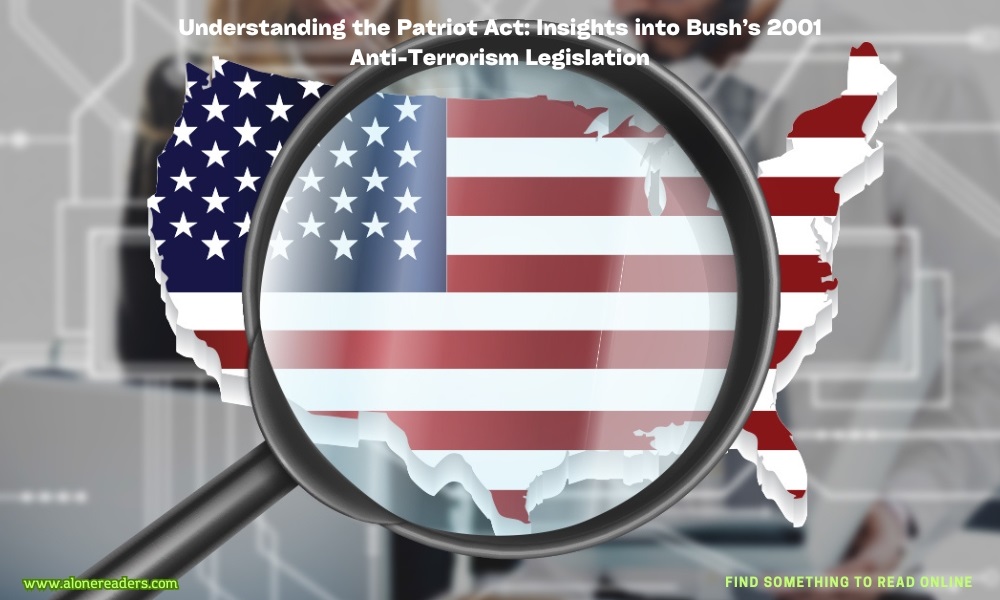
In the wake of the September 11, 2001, terrorist attacks on the United States, the government swiftly enacted a series of measures aimed at preventing future acts of terrorism. Among these, the Patriot Act, officially known as the Uniting and Strengthening America by Providing Appropriate Tools Required to Intercept and Obstruct Terrorism Act of 2001, stands out as one of the most significant and controversial. Signed into law by President George W. Bush on October 26, 2001, the Patriot Act sought to bolster U.S. counterterrorism efforts by enhancing law enforcement's ability to gather and analyze information.
The Patriot Act broadened the scope of what could be considered terrorism and expanded the tools law enforcement agencies could use to fight it. Notably, it increased the ability of law enforcement agencies to search telephone, email communications, medical, financial, and other records; eased restrictions on foreign intelligence gathering within the United States; expanded the Secretary of the Treasury’s authority to regulate financial transactions, particularly those involving foreign individuals and entities; and enhanced the discretion of law enforcement and immigration authorities in detaining and deporting immigrants suspected of terrorism-related acts.
The act also included provisions that facilitated interagency communication to better enable U.S. law enforcement to respond quickly to threats. This was a direct response to the criticisms that failure of intelligence sharing had significantly hindered the ability to prevent the 9/11 attacks. By removing the barriers that had previously prevented the FBI, CIA, and other security agencies from sharing information, the Patriot Act aimed to create a more integrated approach to national security.
However, the Patriot Act quickly became a flashpoint for controversy, stirring debate and protest from various sectors of society. Critics argued that the act infringed on civil liberties and the right to privacy, citing particularly contentious provisions like roving wiretaps and the authority to access business records—a power colloquially known as the “library records provision”. These measures allowed the government to obtain warrants for any tangible items related to an investigation, potentially invading the privacy of individuals not accused of a crime.
Legal challenges to the Patriot Act focused on its broad definitions and the potential for abuse. The act’s expansive definition of terrorism raised concerns about its application against political activists and other non-terrorist individuals. Additionally, the "sneak and peek" warrants, which allowed authorities to search a home or business without the owner’s or the occupant's immediate knowledge, were seen as a major overreach, leading to significant unease about government powers.
Despite the controversies, supporters of the Patriot Act argued that the enhanced measures were necessary for the protection of national security in a new era of terrorism. They contended that the act had been effective in breaking down the walls that prevented intelligence sharing among federal agencies, and that it had equipped law enforcement with the necessary tools to disrupt terrorist plots, thus saving lives.
Over time, parts of the Patriot Act have been revised or allowed to expire, while other aspects have been reauthorized and extended. For instance, the USA Freedom Act of 2015 ended the bulk collection of telephone metadata of American citizens, which had been one of the most criticized aspects of the Patriot Act’s reach into the lives of ordinary Americans. However, other provisions remain in effect, continuing to draw scrutiny and debate over the balance between security and civil liberties.